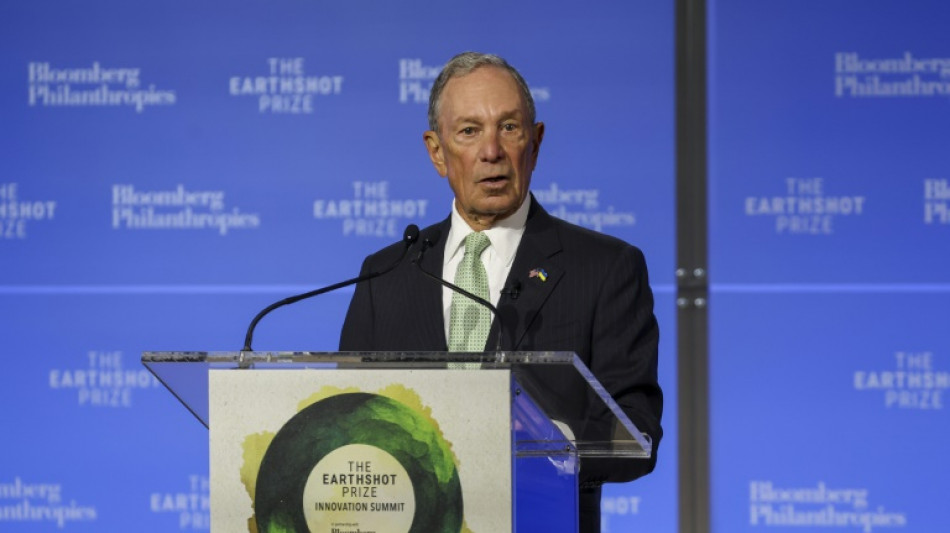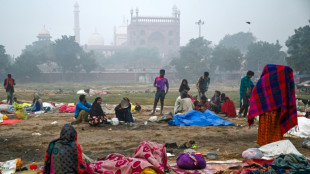

COP28 will include first local climate summit
A summit for non-national authorities will take place during crunch UN climate talks in the United Arab Emirates, officials said Tuesday, in recognition of the role of cities and local governments in averting ecological disaster.
Named the "COP28 Local Climate Action Summit," it was announced on the sidelines of the UN General Assembly by Sultan Ahmed Al Jaber, the president-designate of the COP28 talks, and billionaire philanthropist Michael Bloomberg, who will co-host.
Its chairs include US climate envoy John Kerry and his Chinese counterpart Xie Zhenhua, with the event to be held December 1-2.
"Cities are where the climate battle will largely be won or lost," said United Nations chief Antonio Guterres in a statement.
"Mobilizing and equipping local governments with the capacity and financing to accelerate climate action is necessary if we are to bend the emissions curve."
In the fight to prevent climate disaster and hold long-term warming to 1.5 degrees Celsius by 2100, the pledges and policies of national governments have long hogged the spotlight.
But, according to a report by the C40 coalition of cities, a network of nearly 100 mayors, "three-quarters of C40 cities have outpaced their respective nation-states in per-capita emission reduction, illustrating the clout of city-led policies and initiatives."
Around 70 percent of the world's people are expected to call cities home by the year 2050, and more work needs to be done to ensure subnational governments are prepared to meet the challenges of increasing climate disasters, organizers said.
"By bringing hundreds of local leaders to COP28, we will foster new, multi-level partnerships to help fast-track the energy transition, fix climate finance, focus on people, lives and livelihoods, and make sure local voices are heard at the international climate table," said Jaber.
Local leaders first convened informally on the sidelines of COP21 in 2015, where the Paris Agreement was adopted.
"In the climate crisis, big leadership comes from small governments, and that's a great trend," Oscar Soria, campaign director for the nonprofit Avaaz, told AFP.
"However, it also shows the lack of leadership from national governments, who are ultimately the ones that set the tone on ambition and progress on climate."
The UN's first official progress report on climate published earlier this month concluded the world is perilously off course in meeting goals for slashing carbon pollution and boosting finance for the developing world.
C.Ferreira--ESF




